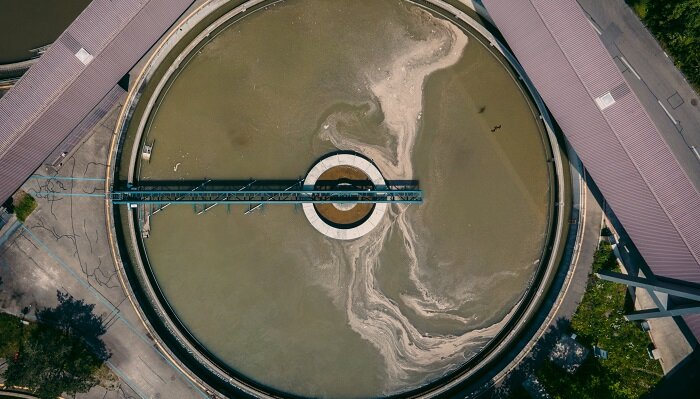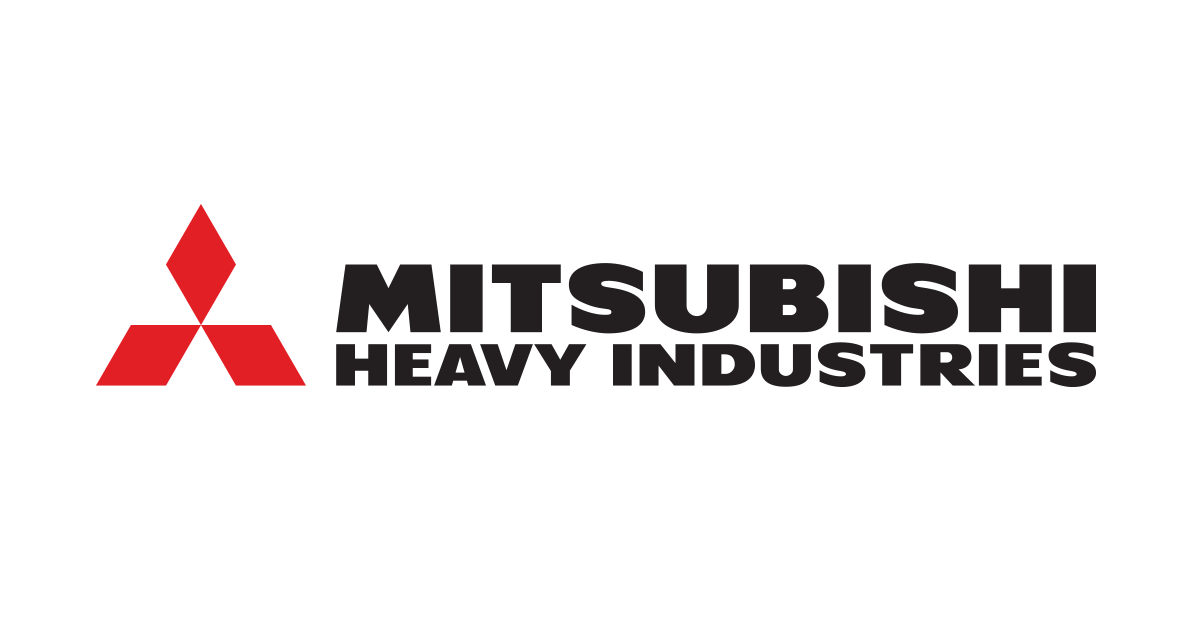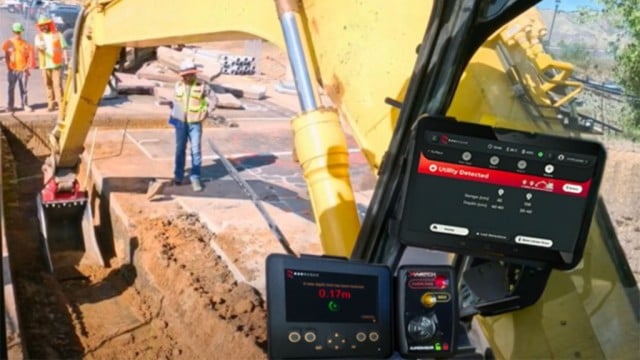5 Things to Know About Commercial Septic Systems
A commercial septic system is vital to any commercial property’s infrastructure, such as hotels, manufacturing sites, and schools. It helps to treat large quantities of human waste and sieve solids from liquids in wastewater. Before installing a commercial septic tank, you must consider several factors, such as design, size, and maintenance needs. This will ensure […] The post 5 Things to Know About Commercial Septic Systems appeared first on World Construction Today.

A commercial septic system is vital to any commercial property’s infrastructure, such as hotels, manufacturing sites, and schools. It helps to treat large quantities of human waste and sieve solids from liquids in wastewater.
Before installing a commercial septic tank, you must consider several factors, such as design, size, and maintenance needs. This will ensure the system operates efficiently, avoiding expensive repairs and replacements.
This article discusses five things you need to know about commercial systems before installing them.
1. Regular Maintenance is Fundamental
Installing a commercial septic system is the first step to managing wastewater from commercial properties. However, to ensure the proper functioning of your sewage treatment plan, you must schedule regular maintenance.
The reason for regular maintenance is that commercial septic tanks are used more frequently than their residential counterparts, leading to quicker sludge buildup. Owners of commercial properties must be aware of this to avoid the risk of a broken septic tank or overused drain field.
Cleaning and maintaining commercial septic systems could be challenging. Fortunately, you can contact a company that offers commercial and governmental septic solutions near you for assistance.
2. Commercial Septic Systems Differ from Residential Systems
Commercial septic systems and their residential counterparts serve the same purpose as wastewater treatment. However, there are various significant differences between the two septic systems.
First, commercial septic systems treat more wastewater than residential septic systems, meaning they require larger septic tanks. Since they handle a higher volume of sewage containing various contaminants, including grease, fats, and oils, their cleaning and maintenance require more advanced equipment.
In addition, septic tanks on commercial properties need more frequent servicing than those on residential properties. Failure to service these systems regularly could negatively impact the local water sources.
3. Consider Warranties and Treatment Processes Before Purchasing
A commercial septic system is a vital investment, so it must last as long as possible. Whether installing a commercial septic system for a school or a hotel, it’s essential to consider the tank warranty and treatment process.
Generally, concrete tanks provide a superior solution for larger projects and have up to 40 years of warranties. Conversely, if you have a smaller project, you may want to invest in a plastic system with a warranty of 10 to 15 years.
Commercial septic systems use different treatment processes, including aerobic and anaerobic digestion, to treat sewage. The type of process you choose should depend on the specific needs of your facility. However, you should consider consulting a professional septic system designer to help you make an informed decision.
4. Managing Water Usage is Essential
You don’t want to overwork your system by using water carelessly. So, ensure you take appropriate measures to regulate the amount of water usage on your commercial property.
Ideally, you should update your bathrooms by replacing older faucets and toilets with modern, water-efficient options. In addition, inspect your property to spot any water leaks and fix them promptly.
Lastly, educate your tenants or employees on the importance of proper water management. This will not only reduce the amount of wastewater entering the treatment plant but also lower the monthly water bill.
5. Installation Costs May Vary
The cost of installing a commercial septic tank may vary based on factors such as the effluent standard, the size of the sewage treatment plant, and underground conditions.
While small-sized septic systems could be cheaper, they may not be appropriate for installation on a large commercial property with many occupants. An undersized septic tank could result in issues such as blockages, overflows, and foul smells.
The effluent standard is the amount of wastewater coming from a commercial property. A higher effluent standard may require additional treatment processes or components, increasing the installation cost of a commercial septic system.
Lastly, underground conditions such as terrain, water table level, and soil type may also affect installation. For instance, rocky soil, a high water table level, and uneven terrain could make installing a commercial septic system costly.
The post 5 Things to Know About Commercial Septic Systems appeared first on World Construction Today.

 machineryasia
machineryasia 







